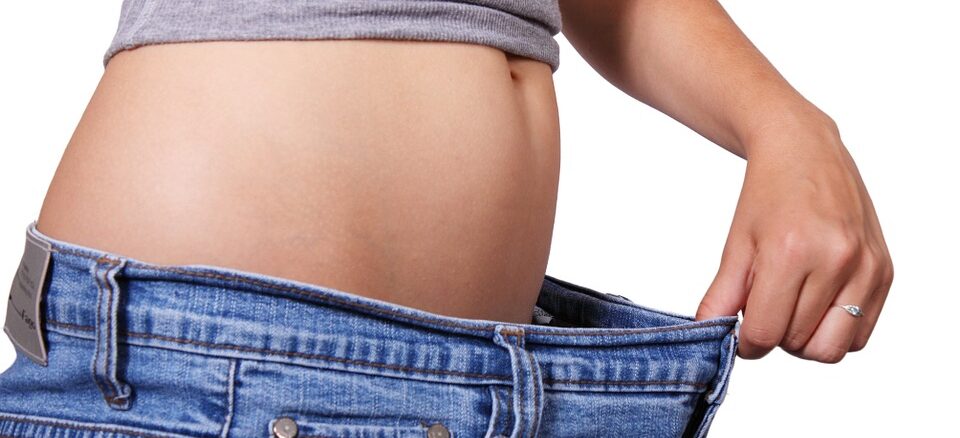- December 20, 2022
- Urban Care Clinic
- Comment: 0
- Medical Daily
With so many diets trending on the internet, people always wonder which one will actually be beneficial. Two major contenders in this category are low-carb diets and low-fat diets. A study sheds light on which one of the two is better for weight loss and diabetes control.
The study, published in the journal Annals Of Internal Medicine, found that a low-carbohydrate, high-fat (LCHF), calorie-unrestricted diet fared better than a high-carb, low-fat diet (HCLF) in terms of weight loss and glucose control.
The randomized controlled trial of more than 100 people with type 2 diabetes was conducted for a 6-month intervention with a 3-month follow-up.
“Persons with Type-2 diabetes on a 6-month, calorie-unrestricted, LCHF diet had greater clinically meaningful improvements in glycemic control and weight compared with those on an HCLF diet, but the changes were not sustained 3 months after the intervention,” the researchers wrote in their paper.
In other words, to see long-term benefits from a low-carb diet, the changes need to be sustained in lifestyle.
The study is all the more important given that more than 480 million people globally are affected by type 2 diabetes. Closer to home, the figure is more than 37 million people that have diabetes in the United States, according to the American Diabetes Association, SciTechDaily reported.
Incidentally, about half the people with diabetes also suffer from non-alcoholic fatty liver disease (NAFLD). This disease can eventually lead to cirrhosis and restrict the normal functioning of the liver.
According to the outlet, previous studies show that weight loss provides better control over diabetes and improves NAFLD, while cutting-down carbohydrate intake leads to improved blood sugar levels.
In the study, participants in both groups- LCHF and HCLF- had to consume the number of calories that were commensurate with their energy expenditure. In the case of the low-carb diet, participants could consume only 20% of their calories from carbohydrates. They could, however, have 50-60% of their calories from fat and 20-30% from protein. Participants on the low-fat diet, on the other hand, had to eat 50% of their calories in the form of carbohydrates and the remaining equally as fats and proteins.
According to the results of the study, people on the low-carb diet had reduced hemoglobin A1c than the low-fat diet group by 0.59%. Low-carb dieters also lost 8.4 pounds more weight compared to the other group.
The LCHF diet group also exhibited more body fat loss as well as more reduction in waist circumference.
Separately, both diets produced higher high-density lipoprotein cholesterol and lower triglyceride levels at the end of 6 months.


